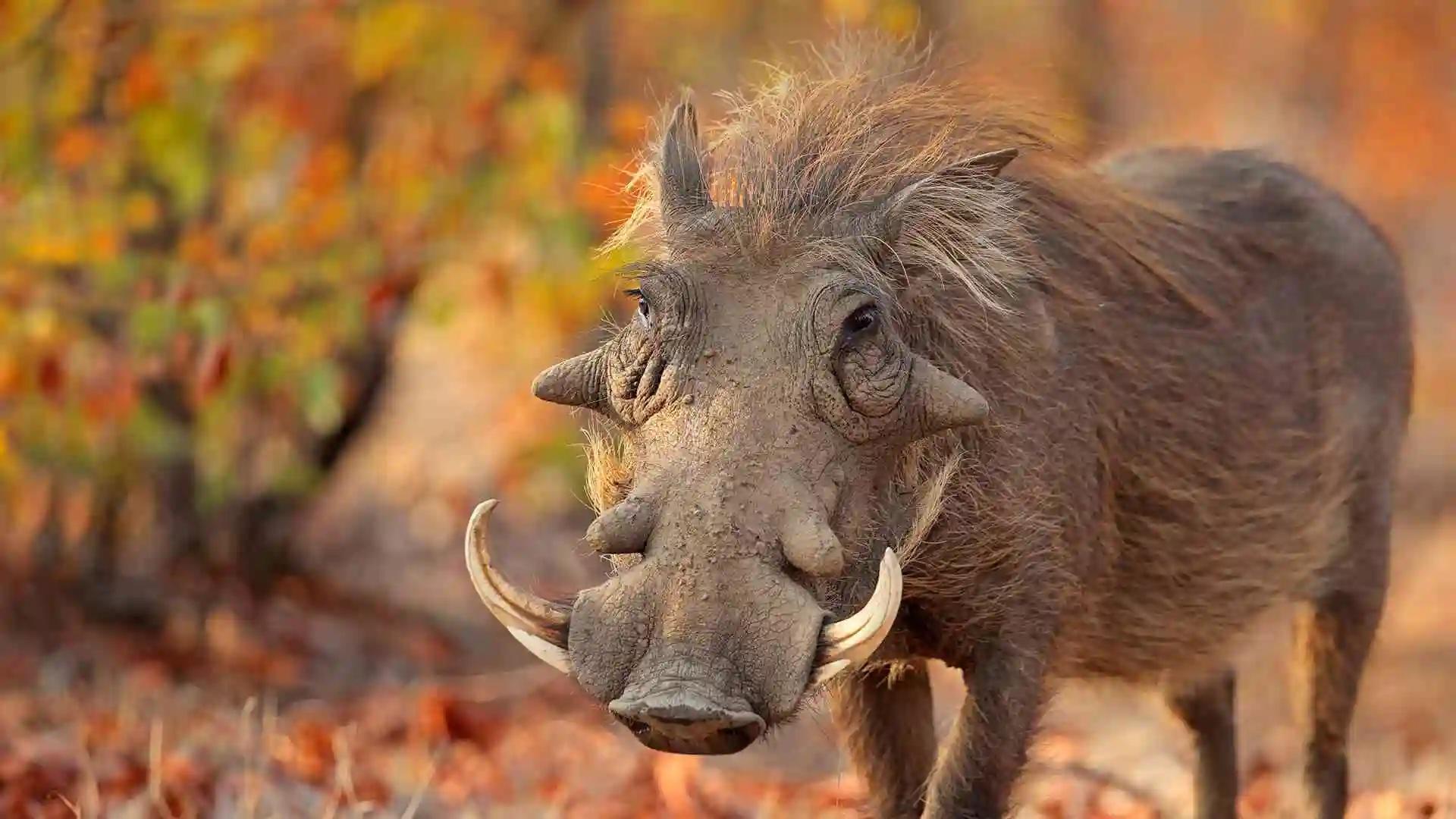Africa-Press – Zimbabwe. Warthogs are threatening food security in Insiza District, where farmers, whose crops were devastated by the El Niño-induced drought during the 2023/24 season, had hoped to harvest grain this year following decent rains.
Driven by hunger, the warthogs are damaging fields of maize and small grains, leaving farmers in despair.
In an interview with the Southern Eye on Sunday, Nhlanhla Sibanda, a farmer from Sikongonya Montrose 4A in Ward 19, said that the warthogs invade their fields at night, causing widespread destruction to their crops. Said Sibanda:
They come and eat or bring down our maize. I farm maize, sorghum, and millet on my two hectares of land, but these animals are making it difficult for us to get a good harvest.
We also have kudus coming in from the Bhangalume farm nearby.
We appreciate that these animals promote tourism, but they are harming us, especially now when we are already battling the effects of El Niño.
We are trying to preserve our crops, but these animals are making it impossible.
Sibanda added that they have been forced to sleep in the fields to protect their crops from the wild animals.
Another farmer, 61-year-old Johnson Ncube, appealed to the authorities, urging them to address the growing problem of wildlife destruction. Said Ncube:
It is heartbreaking. Every grain means a lot especially in times like these when hunger is at our doorstep.
We are pleading with the government to assist us with wire to fence off the areas where these animals roam.
We need to harvest as much as possible. We cannot afford to lose what little we have.
We cannot live on hope for tomorrow when today’s survival is already at risk. Something needs to be done.
Insiza Agritex supervisor Christabert Moyo warned farmers that trapping or killing the warthogs could result in imprisonment. Said Moyo:
The only thing they can do is stay up at night and chase them away.
We do not allow them to use a trapping system where they dig holes or trenches and cover them with grass to catch the warthogs.
This method can reduce the species population in the community, so we discourage it.
Moyo alleged that while some villagers are familiar with traditional methods for deterring problem animals, they are unwilling to share this knowledge, even with Agritex.
For More News And Analysis About Zimbabwe Follow Africa-Press






